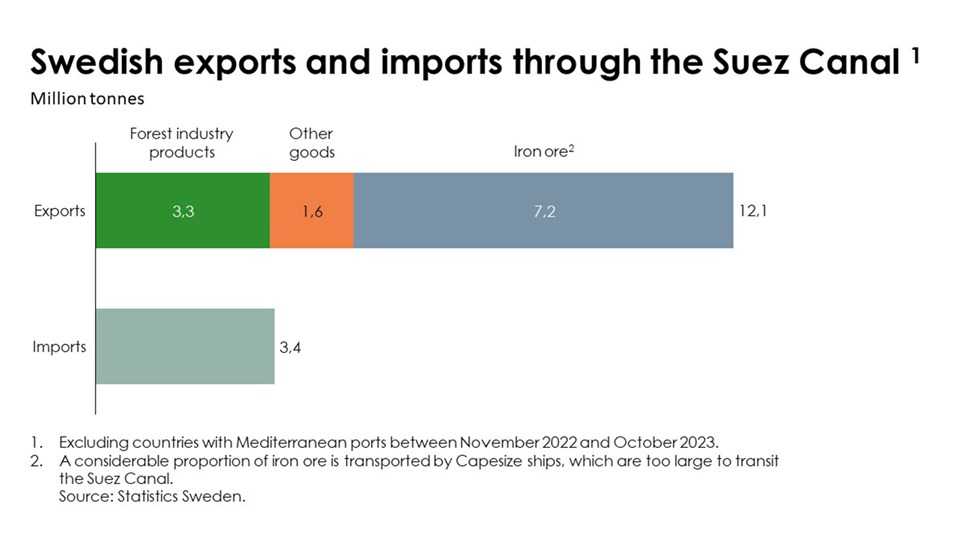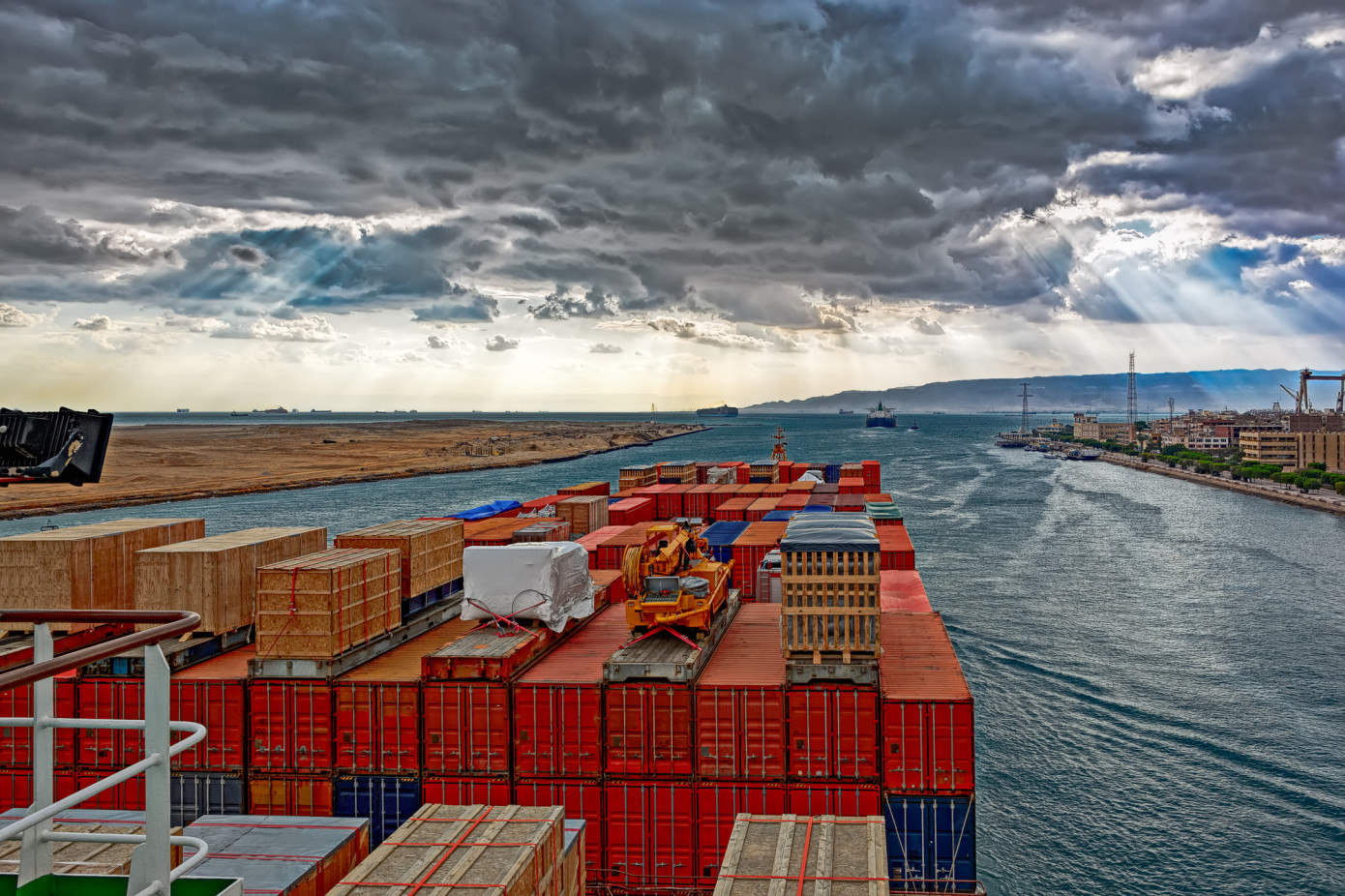The Swedish forest industry is confronting significant logistical challenges due to increasing threats from Houthi rebel attacks on merchant ships in the Red Sea. This situation is causing disruptions in the transit of Swedish goods through the Suez Canal, leading to supply chain uncertainties and escalating costs.
Sweden, which accounts for a substantial portion of the world's forest products, relies heavily on export markets, with approximately 80% of its forest industry products being sold internationally. This global reach underscores the industry's importance in providing climate benefits worldwide, but it also highlights its dependency on efficient and secure logistics.
Christian Nielsen, Market Expert Wood Products at Swedish Forest Industries, expressed concerns over the rising costs and logistical hurdles faced by the sector. "Our industry is the single largest transport buyer of container freight from Sweden via the Suez Canal. With costs surging by 100-200%, we are bracing for potential container shortages, delays, and disruptions," Nielsen stated. He also pointed out that the alternative route around the Cape of Good Hope could extend round trip durations by up to 30 days, further compounding the industry's challenges.
Image: Swedish Forest Industries
Despite the current overcapacity of containers and vessels, which has kept shipping rates from Europe to Asia at unusually low levels, the industry is wary of the prolonged impact of these disruptions. Nielsen remarked, "The situation may lead to cost increases and heightened uncertainty, not just for our industry but also for our customers."
Swedish producers, particularly in the wood products segment, have been negotiating with their customers to share the increased shipping costs. However, the industry is already grappling with deteriorating economic conditions, characterized by falling product prices and high production costs. "Margins are under more pressure than usual, which could severely impact individual deliveries during this period," Nielsen added.
The scarcity of alternative sources for sawn wood imports from Europe may influence finished product prices in Asia, while the outlook for pulp and paper is less certain due to intense global competition. Nielsen believes that shipping disruptions could potentially boost demand for paper in Europe by affecting imports from low-cost Asian producers.
When asked about the potential impact on Swedish market prices for wood products, pulp, and cardboard, Nielsen was optimistic that the primary effects would be felt by customers in Asia, rather than domestically.
The forest industry's reliance on the Suez Canal route, through which 10-15% of Sweden's total forest industry exports are shipped, underscores the critical need for resilient and secure global logistics to maintain the flow of these essential climate-friendly products to international markets.
